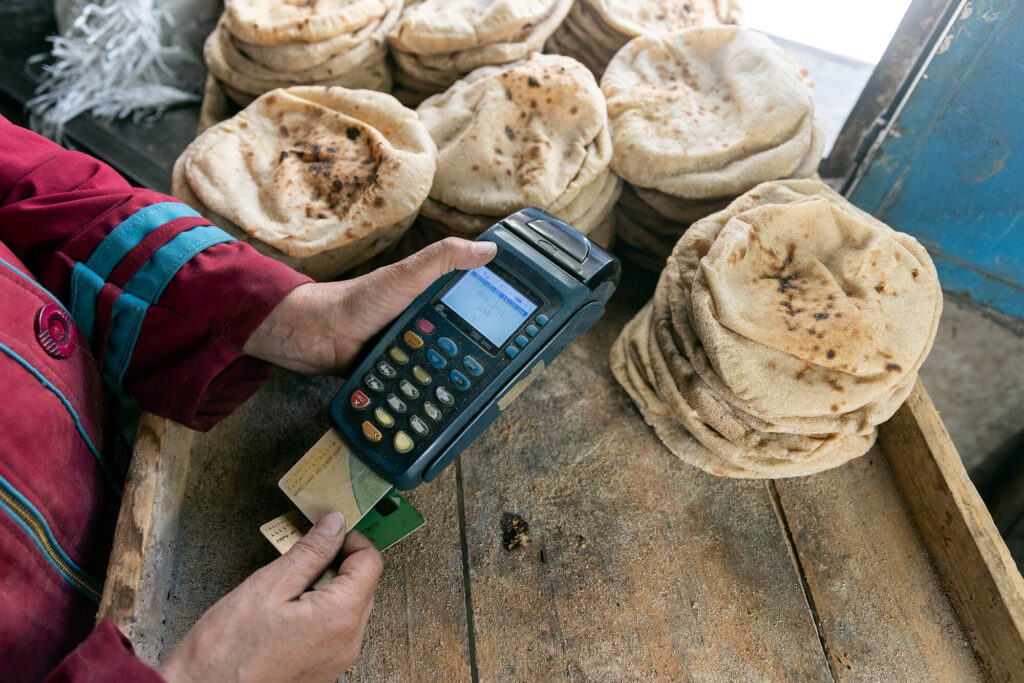Egypt faces its second credit rating downgrade this month due to a severe shortage of foreign currency. S&P Global Ratings has lowered the country’s credit rating further into junk status, from B to B-, while maintaining a stable outlook. This downgrade places Egypt in a category alongside nations like Bolivia, Angola, and Iraq.
This move comes after a similar downgrade by Moody’s Investors Service in early October, which pushed Egypt’s rating one level lower to Caa1, resulting in a sell-off of Egyptian bonds. S&P’s current rating for Egypt is one notch above that of Moody’s.
S&P explained the downgrade as a response to persistent delays in implementing monetary and structural reforms. These delays have exacerbated currency market imbalances, led to a deterioration in the net foreign asset position of systemic banks, and caused delays in essential disbursements from the International Monetary Fund (IMF) and other multilateral and bilateral financing sources.
In April, S&P had already downgraded Egypt’s outlook to negative, citing concerns that its allies in the Gulf Arab states might delay or withhold financial support.

S&P reiterated this concern, emphasizing that Gulf states are increasingly emphasizing “conditionality and achieving economic returns” when making financing decisions.
The economic repercussions of Russia’s invasion of Ukraine last year severely impacted Egypt’s finances, resulting in a rapid outflow of foreign funds and a significant increase in inflation.
Moody’s, during its downgrade, mentioned that Egypt had “increasingly constrained” policy options to rebalance the economy without risking social unrest.
Egypt currently faces challenges in completing the delayed reviews of a $3 billion IMF rescue program, causing bond investors to worry about the possibility of a default. The IMF has called for more flexibility in Egypt’s currency policies before disbursing additional funding.
Egypt is engaged in discussions with the IMF about increasing its loan to over $5 billion, according to individuals familiar with the talks reported by Bloomberg. Only a small portion of the initial $3 billion has been disbursed thus far.
Egypt has devalued its currency three times since early 2022, resulting in a nearly 50% loss in its value against the US dollar. However, IMF Managing Director Kristalina Georgieva has emphasized that Egypt may continue to deplete its precious reserves unless further devaluations occur.
A currency devaluation is politically challenging, especially in light of the upcoming December elections, which President Abdel-Fattah El-Sisi is expected to win. In June, the president appeared to oppose another devaluation, expressing concerns about the impact of faster inflation on Egypt’s population of 105 million people.








